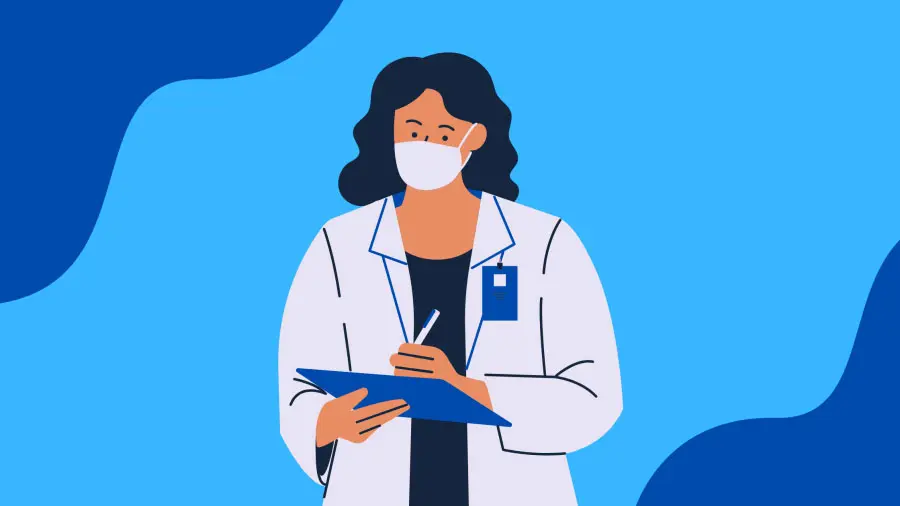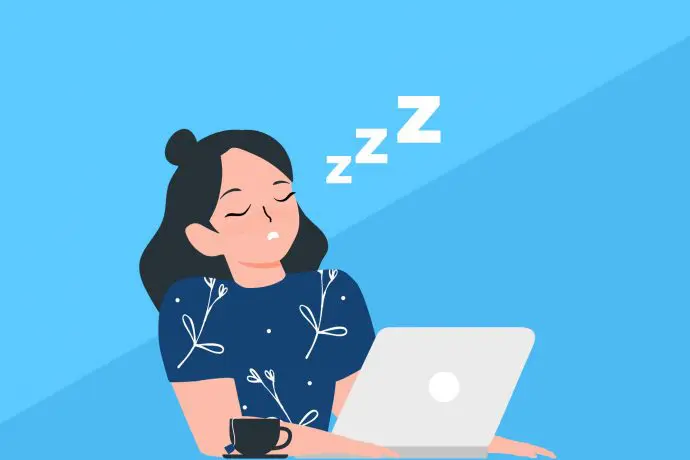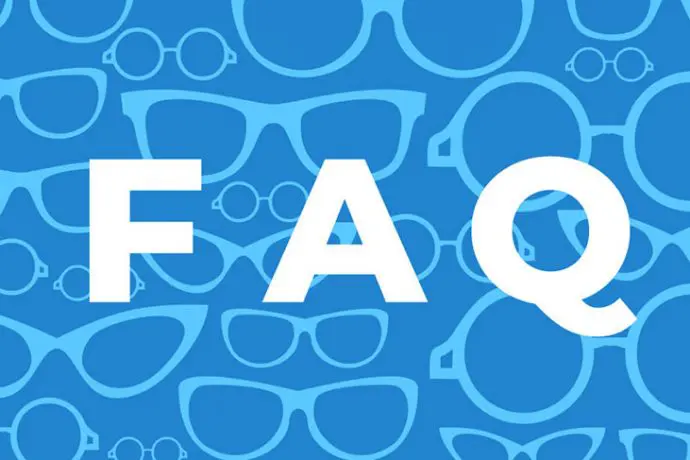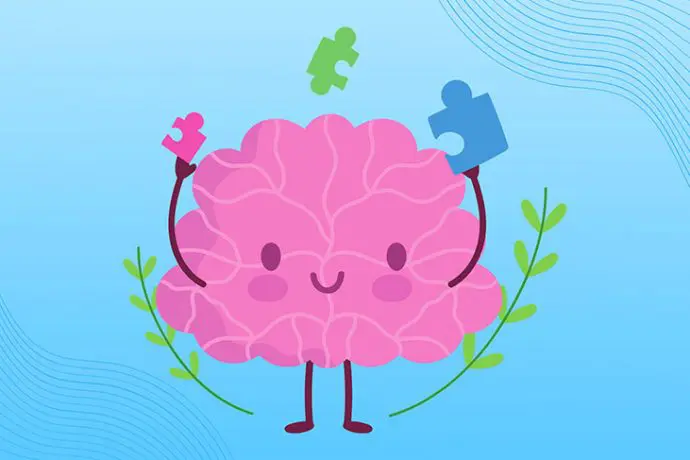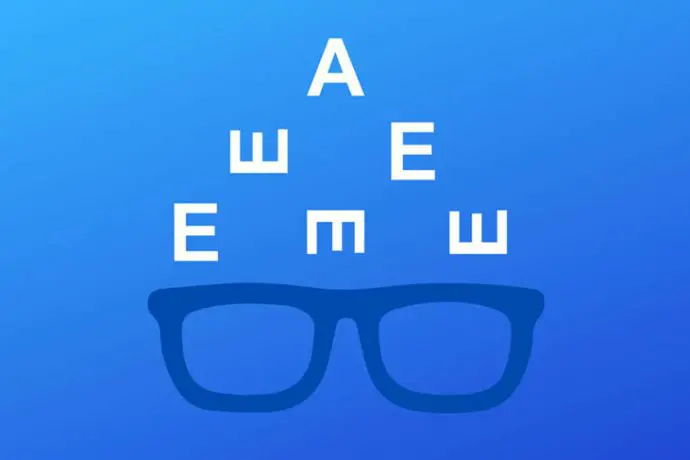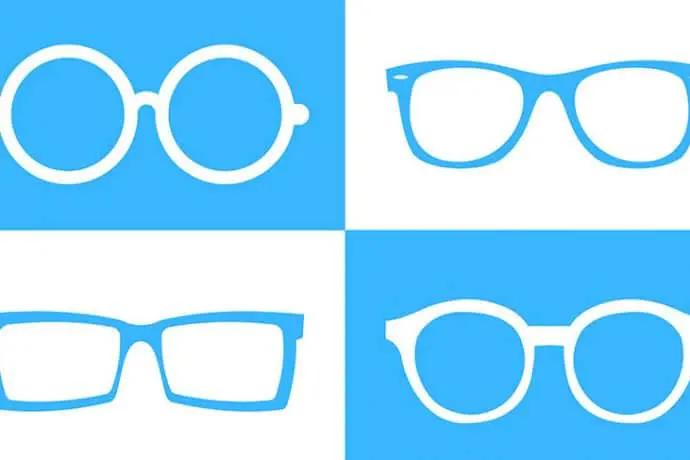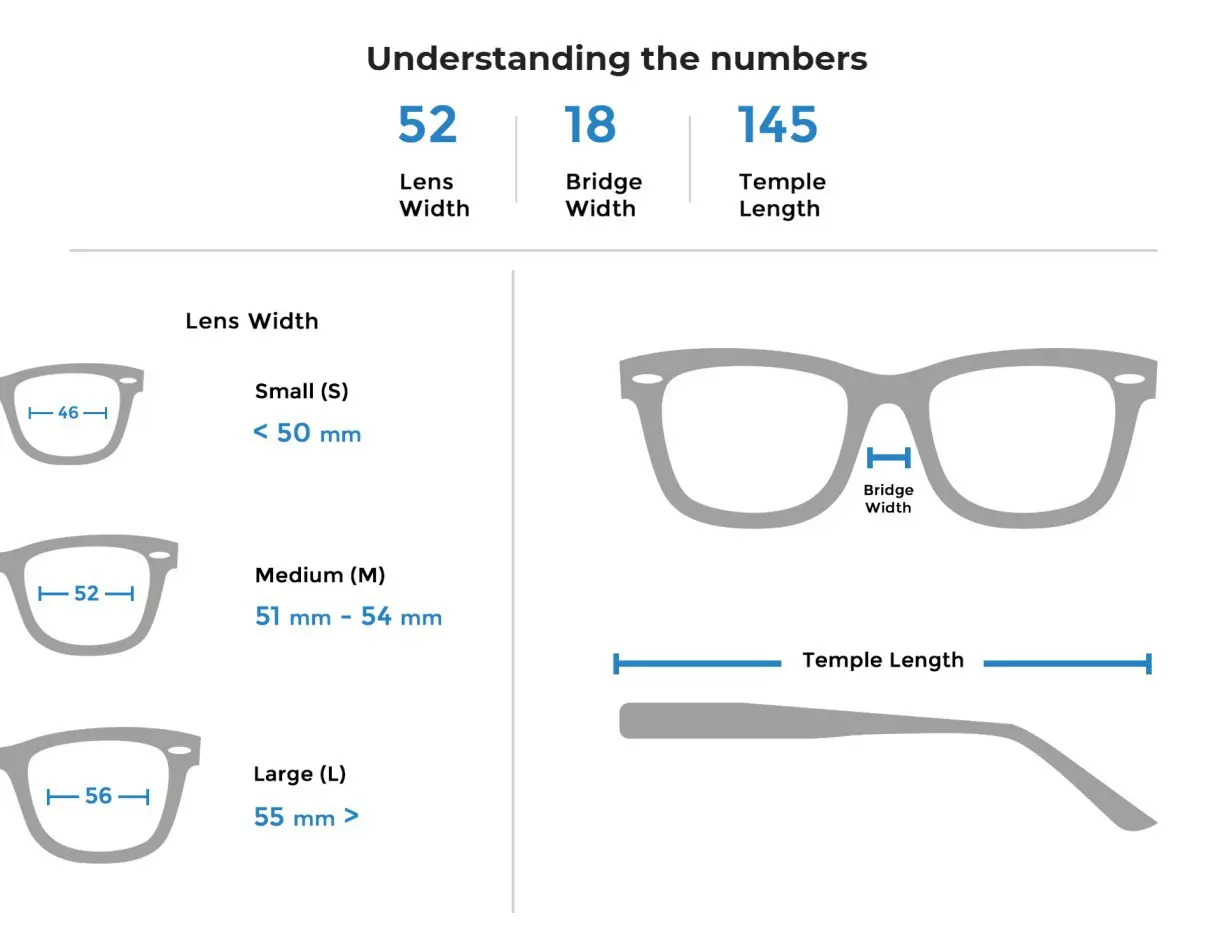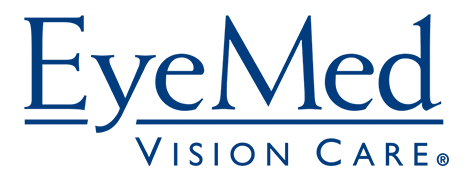3 Reasons Why Blue Light is Bad for You
Everywhere you look, your eyes are met with blue light.
Whether it’s coming from your phone, your laptop, your tablet, or even the sun, blue light is all around us.
However, what most individuals do not realize is that the light around us is much more complex than we could ever imagine.
There are several types of lights and spectrums around us that have a large impact on our bodies, particularly our skin and our eyes.
At the high-intensity end of the light spectrum is blue-violet light. Among all other lights, blue light is said to be extremely powerful due to its short wavelength.
The problem with this type of light is that blue light cannot be blocked by our eyes. While small amounts of blue light from the sun are vital to maintaining a healthy circadian rhythm (the cycle that tells our bodies when to sleep and wake up), overexposure to blue light has been proven to be extremely damaging to our health.
In this article, we’re discussing 3 reasons why blue light is bad for you, and what you can do to combat it.
3 Reasons Why Blue Light is Bad For You
1. The human eye is not good at blocking blue light
The vast array of digital devices we use each day emit blue light waves that are much more highly concentrated than sunlight. When we look at screens, the blue light that is being emitted passes right through our cornea, straight to the retina of the eye. This means that overexposure to blue light can cause damage over time and might even lead to conditions such as cataracts and age-related macular degeneration.
While more research is still needed to determine how much man-made blue light the human eye can handle,
2. Impacts the body’s natural sleep/wake cycle
Overexposure to blue light has been shown to suppress the body’s natural production of melatonin, the hormone that makes you feel tired. While this type of suppression might be good during the day, it is in the evening when it can cause the most problems. Laying down at night and not being able to fall asleep even though you should be tired is a side effect of too much blue light.
Sleep deprivation over an extended period of time has been linked to more serious conditions like heart disease, mood swings, and even symptoms of insomnia.
3. Blue light may contribute to digital eye strain
The pandemic caused an enormous shift in how we live and work each day. Many employers are now allowing their teams to work from home, which means that people are spending more time on their digital devices. Employees are no longer just completing projects on their computers. Everything has shifted to digital devices including company meetings, team collaborations, and internal communication. The more time that people spend using digital devices increases their risk for developing conditions such as digital eye strain.
70% of American adults report experiencing symptoms of digital eye strain. Some of these include dry and irritated eyes, blurry vision, eye fatigue, and even headaches. If you spend more than two hours a day using a digital device, it’s likely that you have experienced some of these symptoms as well.
Blue light is bad for you, but there are steps you can take to prevent the negative effects that it has on your body.
How You Can Combat Blue Light
If you find that you are constantly on your phone, or spend the majority of your day in front of a computer screen, the most convenient way to reduce your exposure to blue light is by simply wearing blue light glasses.
These special-purpose glasses can be worn even if you do not have a prescription. Blue light glasses are designed to reduce the amount of blue light that reaches the eye. They also help to reduce glare, enabling you to work longer on devices without worrying about the side effects of too much screen time.
Other ways you can reduce your exposure to blue light include physically decreasing the amount of time you spend using digital devices and avoiding the use of screens at least one hour before bedtime.
If you are interested in learning more about blue light and its dangerous effects on our eyes and brain, visit our blog and read more about blue light and sleep-related topics.
If you have any additional questions, don’t hesitate to reach out – email us at help@bluwinx.com!

